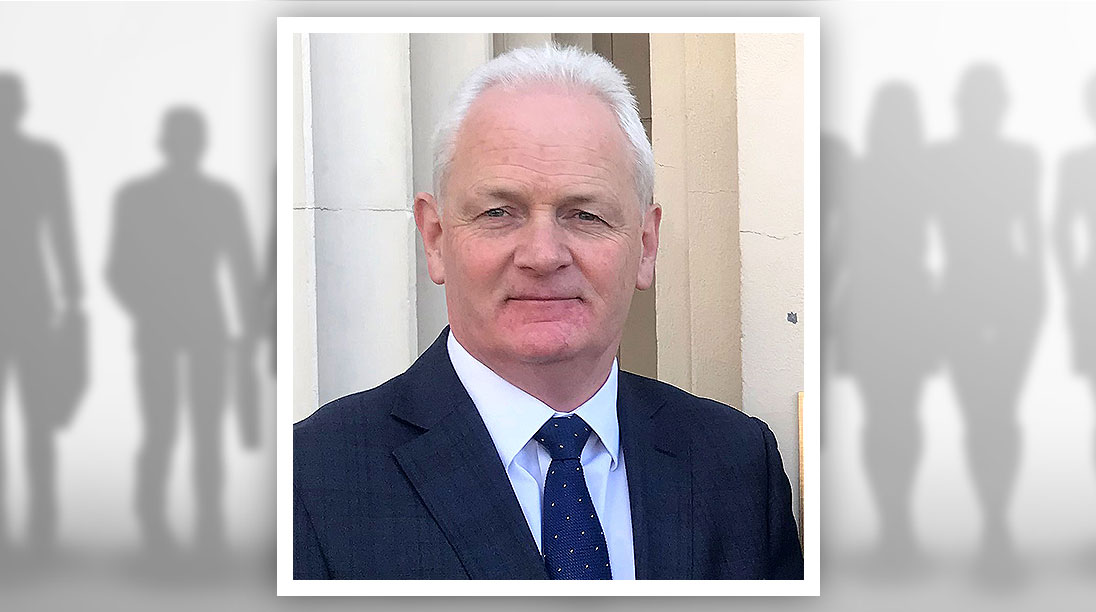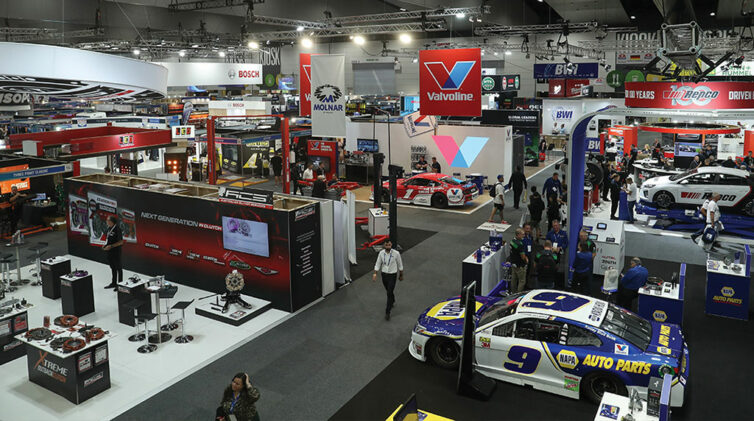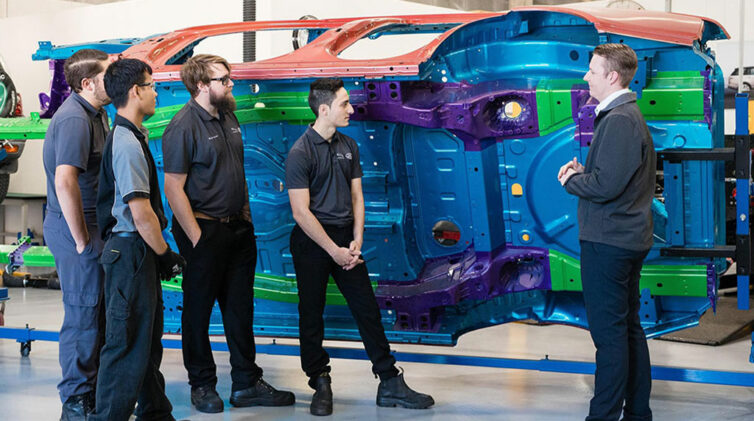VACC CEO Geoff Gwilym said his chamber would prefer a standalone code for dealerships, but is assured that the code sits within the reach of the ACCC “so it has powers to provide penalties”.
“We understand that the government will not build a separate franchise code and that the next best possible solution is to build an addendum to the existing code to protect the dealers, especially where a manufacturer wants to pull out such as the Holden situation,” Mr Gwilym told GoAutoNews Premium.
“Our view is we support the government position. We’d prefer a standalone code but recognise that it may not happen and it would have taken a lot longer because it opens up a whole review of the franchise code.
“We have had a look at it and think it provides significantly more protection than dealers have now. We could fight for another five years on this but in the meantime we don’t want dealers caught between running a car dealership and investments in their business and being squeezed by a manufacturer.
“The VACC has been talking about this for the past 10 years so any delay makes things worse for dealers.”
Mr Gwilym said assurance was necessary for a dealer who has put huge amounts of money into a new dealership “on the understanding that there will be product coming through over some time and also that he won’t be left with stock and all the consumables that go with that”.
“We are calling for – in the addendum to the franchising code – a negotiation of what those costs are up front so the dealer can make a call on whether the income over a period of time represents the investment he has made,” he said.
“The terms of agreement for a car dealership is about a year, but less than that for motorcycle and farm machinery dealerships.
“In many cases, without an agreement, the dealer is operating on good faith. The problem with good faith is that it runs out. When that runs out the dealer is told to take the signs down and move out.”
The draft of the ‘New Vehicle Dealership Agreements’ regulations was released by the federal government on February 14. It amends the existing Franchising Code of Conduct to apply specifically to new motor vehicle dealers.
The new code is designed for cars and not for motorcycles and commercial vehicles including trucks and machinery.
Mr Gwilym said once the changes are made to the car dealership, the VACC would return to the table and advocate for motorcycle and commercial vehicle dealers.
“To do that now would be to slow the outcome even further,” he said.
He said that it was the intention of the government to extend the code to motorcycle and farm and industrial machinery during the first review period after examining the impact of transition to the new regulations, a timeframe of about 18 months to three years.
The VACC and the Motor Trades Association of Australia (MTAA) and their members have been advocating for changes since before the creation of the Franchising Code of Conduct.
HWL Ebsworth Lawyers partner Evan Stents said the release of the draft dealer code followed the 2017 ACCC market study of new-car retailing and the 2019 Parliamentary Joint Committee on Corporations and Financial Services ‘Fairness in Franchising’ report, both of which identified concerns with the power imbalance in commercial relationships between large car manufacturers and new-car dealers.
A regulatory impact statement was subsequently released which identified four specific amendments to the Franchising Code of Conduct which government considered addressed key concerns raised by stakeholders in the new motor vehicle industry regarding end-of-term arrangements, capital expenditure disclosure and access to dispute resolution.
Mr Stents said the latest draft dealer code sets out draft clauses which seek to implement four key reforms outlined in the regulatory impact statement. If enacted, they will apply to new-vehicle dealership agreements.
He listed the major points among the draft arrangements as:
- OEMs and vehicle distributors acting as franchisors must now give 12 months’ notice in writing of their intention to (or not to) extend or enter into a new agreement at the expiry of an existing term. This replaces the previous clause requiring six months’ notice. Mr Stents said the rationale for this amendment is that six months’ notice does not provide enough time for new-vehicle dealers to mitigate any losses brought about by a non-renewal decision.
- If the franchisors decide not to renew or extend a dealer agreement upon its expiry, then the 12 months’ written notice to the dealer must now include reasons for the manufacturers’ decision. The rationale for this amendment is that the absence of reasons has made it difficult for dealers to assess whether manufacturers have exercised the right to issue a non-renewal notice in good faith. In the event of a non-renewal, the manufacturer and the dealer must agree to a ‘winding down plan’ and work together to reduce stock over the remaining term of the agreement.
- Amendments to the Prohibition on Imposing Significant Capital Expenditure: This amends the prohibition on manufacturers imposing significant capital expenditure obligations on dealers. It no longer excludes from this prohibition “expenditure that the franchisor considers necessary” and requires manufacturers to provide more precision about capital expenditure requirements in disclosure documents – for example, specifying, as far as practical, the amount, timing and nature of the expenditure.
- The draft now requires manufacturers to discuss any required expenditure with dealers before entering into, renewing or extending the scope of a dealer agreement; and any discussion about expenditure to include a discussion about the circumstances under which the dealer is likely to recoup the expenditure to be invested – having specific regard to the geographical area of operations of the dealer.
- Dealers may now request multi-franchisee dispute resolution where more than one dealer has a dispute of the same nature with a manufacturer. The rationale in the explanatory statement is that this will empower dealers by strength in numbers to formalise their complaints and seek a resolution – particularly if a problem is systemic.
By Neil Dowling













 Read More: Related articles
Read More: Related articles

